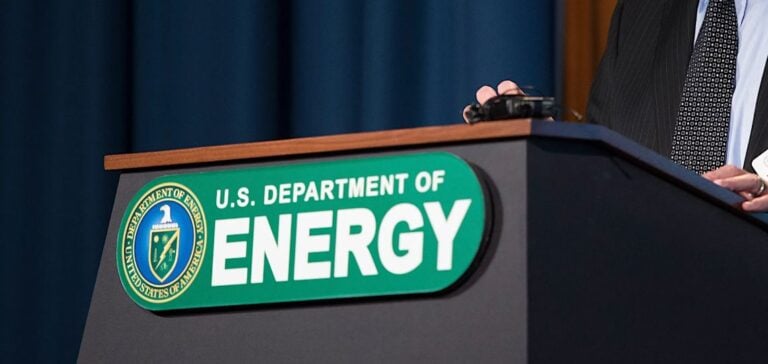The research project led by Envana Software Solutions (Envana) benefits from a total financial support of about 5.2 million dollars. Of this amount, 4.2 million come from the Department of Energy (DOE) under the Methane Emissions Reduction Program, as part of Funding Opportunity Announcement (FOA) 3256. The remaining 1.05 million dollars are contributed through non-federal sources. This initiative aims to develop solutions enabling more effective detection and mitigation of methane emissions in the oil and gas sector.
Integrated technologies for detection
Envana aims to enhance the analysis of operational data by combining different measurement devices. This approach includes continuous monitoring and the integration of sensors designed to detect methane leaks. The objective is to establish more precise quantification through extensive use of Supervisory Control and Data Acquisition (SCADA). According to Envana, this method would offer operators better responsiveness to emissions, without imposing major changes to their usual processes.
The system also involves deploying artificial intelligence (AI) algorithms and physical models to locate the sources of methane emissions. SCADA data, cross-referenced with measurement tools in the field, provides continuous assessment of emitted volumes. To ensure the reliability of the information, Envana applies a protocol based on Leak Detection and Repair (LDAR) and validates each step with additional readings. This methodological rigor is designed to improve accuracy and support real-time emission reduction efforts.
Toward centralized and standardized management
Envana states that its platform includes greenhouse gas management options compatible with the Oil and Gas Methane Partnership 2.0 (OGMP 2.0) standard. The company highlights the possibility of creating a comprehensive inventory covering all stages of production, processing, and transportation. This orientation aims to facilitate the planning and implementation of mitigation strategies. Operators are thus encouraged to harmonize their data to obtain a global view of their performance.
In order to support the social and educational aspect of the project, Envana is collaborating with local universities and associations to strengthen regional expertise. The initiative includes internships and training programs intended to prepare a new generation of professionals specialized in reducing methane emissions. These partnerships involve exploring new concepts to improve transparency with affected communities. Over time, this system is expected to extend to a wider network of oil and gas sector stakeholders.
A tool for long-term tracking
The platform proposed by Envana plans to integrate a Measurement, Reporting and Verification (MRV) dimension to strengthen the reliability of transmitted data. Company officials emphasize that this approach will enable operators to comply more easily with regulations and anticipate future legal requirements. The focus is on continuously updating data to quickly detect any abnormal variation. This development is intended as a cost-reduction lever and a source of optimization for resource management.
By offering a suite of specialized features, Envana seeks to cover the entire lifecycle of emissions. This framework includes setting objectives, daily monitoring, continuous assessment, and implementing targeted corrective actions. According to the company, the approach adopted in this project should encourage more operators to prioritize robust environmental policies. This operational focus also aligns with the sector’s ambitions to reconcile profitability and responsibility.






















